Ants In Houseplants: How To Get Rid Of Pesky Indoor Pests
Ants in houseplants usually end up there looking for sweet honeydew left by other insects, but they’re also attracted to other yummy treats in the home. They don’t hurt the plants, but it’s good to know what’s attracting them and how to fix the problem.
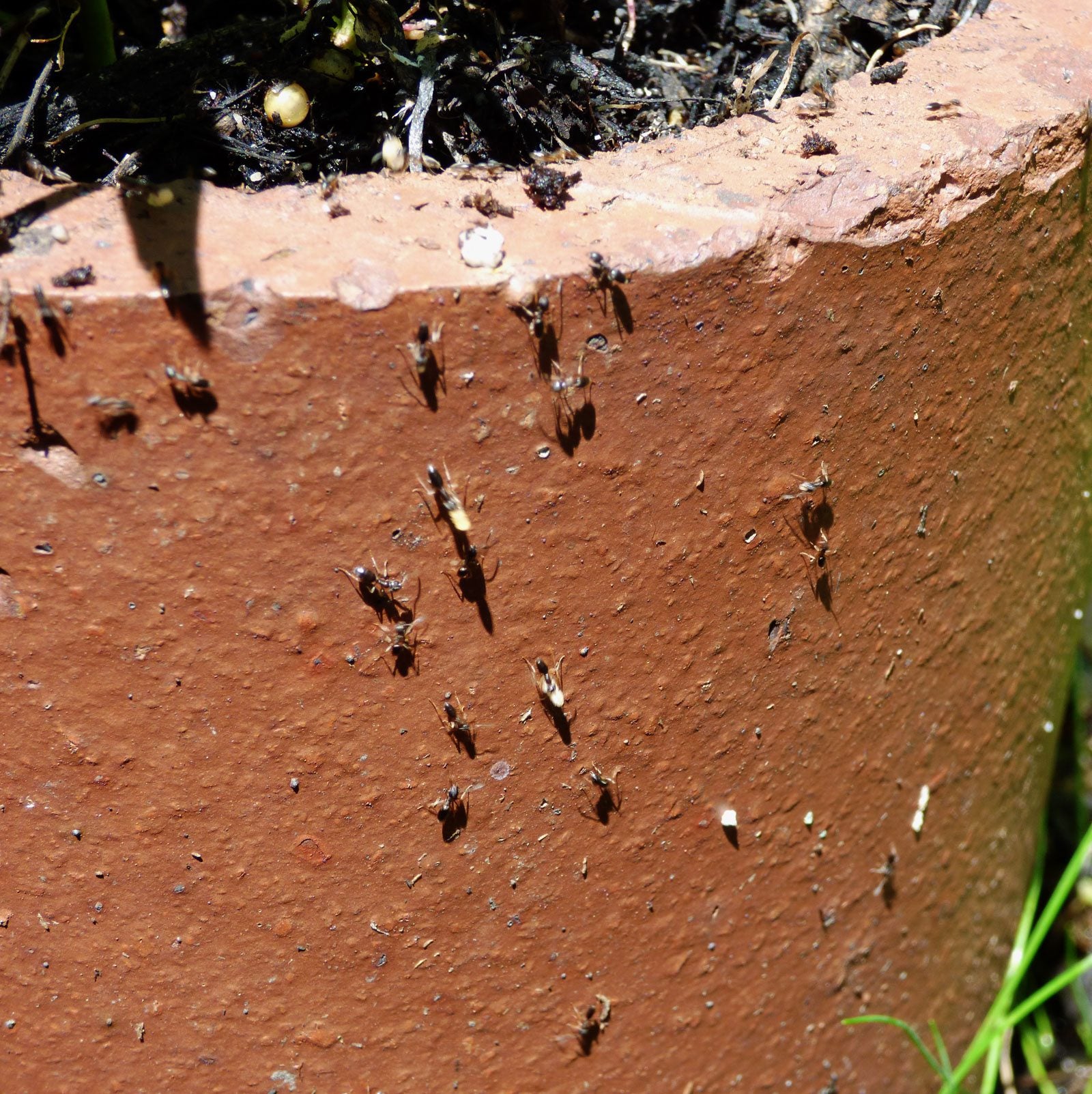
Help, I Have Ants In My Houseplants! Tips To Keep Ants Out
Ants in houseplants are unsightly but are generally not harmful to the plants themselves. But, ants in houseplants might indicate you have a larger infestation issue in the home or that you have other pests in your plants. Use effective methods to get rid of and deter ants to prevent future infestations.
What Causes Ants in My Houseplants?
Ants typically nest outdoors, but they’ll come inside your home to find a place to nest, or more likely, for food. Ants are usually attracted indoors by food residue, such as in an untidy kitchen. They do not feed on houseplants, so how did they get there? There are two main reasons you might have ants in your indoor plants:
You brought the container in from outside with ants that had nested in the soil or were simply traveling through it.
Your houseplants have other pests that create honeydew, a popular food source for ants. Aphids, scales, mealybugs, and whiteflies may be the culprits.
Are Ants in My Indoor Plants Damaging?
Ants don’t generally damage plants. If you see damage on your houseplants and they are infested with ants, it’s most likely another pest causing harm as well as the honeydew that attracts the ants.
How to Get Ants Out of Houseplants
Ants may not feed on or damage plants, but they don’t look nice either. There are several ways to manage ants on indoor plants.
Bait
Gardening tips, videos, info and more delivered right to your inbox!
Sign up for the Gardening Know How newsletter today and receive a free copy of our e-book "How to Grow Delicious Tomatoes".
The most effective way to deal with any type of ant infestation is to destroy the nest. An easy way to do this is to set out bait traps. These attract ants, which carry the poisoned food source back to the nest. Watch ants on the move before placing traps. Set baits along the trails they follow and in the areas where you suspect the nest to be.
Insecticidal Soap
You can also treat the plant directly. Sink the container in a solution of insecticidal soap so that the surface of the soil is submerged. Use a dilution ratio of one to two tablespoons (15 to 30 mL) of soap to one quart (946 mL) of water. Let it soak for about 20 minutes to kill ants in the soil. Remove ants from leaves by hand.
You can also try a soap spray at a similar dilution. Spray the plant and soil surface to kill ants. This might not be enough for heavy infestation. If you still see ants, try the soaking method.
Scents Ants Hate
Spray scents ants don’t like on the soil and leaves of a plant to keep them away. Try citrus oil or simply squeeze an orange over the surface of the soil. Scatter coffee grounds, mint leaves, or cinnamon on the soil.
Some homemade organic ant repellents are baking soda, vinegar and certain essential oils that contain linalool, like mint oils and citronella. But take care not to allow these oils to come in direct contact with your plants.
DIY Soap Spray
You can also try a soap spray at a similar dilution. Spray the plant and soil surface to kill ants. This might not be enough for heavy infestation. If you still see ants, try the soaking method.
Scents Ants Hate
Spray scents ants don’t like on the soil and leaves of a plant to keep them away. Try citrus oil or simply squeeze an orange over the surface of the soil. Scatter coffee grounds, mint leaves, or cinnamon on the soil.
Some homemade organic ant repellents are baking soda, vinegar and certain essential oils that contain linalool, like mint oils and citronella. But take care not to allow these oils to come in direct contact with your plants.
DIY Soap Spray
You can also try a soap spray at a similar dilution. Spray the plant and soil surface to kill ants. This might not be enough for heavy infestation. If you still see ants, try the soaking method.
Scents Ants Hate
Spray scents ants don’t like on the soil and leaves of a plant to keep them away. Try citrus oil or simply squeeze an orange over the surface of the soil. Scatter coffee grounds, mint leaves, or cinnamon on the soil.
Some homemade organic ant repellents are baking soda, vinegar and certain essential oils that contain linalool, like mint oils and citronella. But take care not to allow these oils to come in direct contact with your plants.
How to Keep Ants Out of Houseplants
Once you’ve gotten rid of ants, or before you see them, use these tips to prevent ants getting into houseplants.
Don’t Let Ants Inside
Ants generally live outdoors, but they’ll come inside to nest if given the opportunity. Check around the base of your home to ensure it is well-sealed. Seal any holes you find from cables or foundation cracks. Check inside too. You might have gaps around windows and doors or plumbing underneath counters.
Keep Your Home Free of Food Debris
Ants are attracted to food sources. Keep your home clean and free of food debris, and they’ll have no reason to come inside.
Watch Out for Other Pests
Monitor your houseplants for aphids, scales, and other pests that create honeydew. They secrete this sugary substance that attracts ants as a food source.
Frequently Asked Questions
Do Houseplants Attract Ants?
Houseplants don’t generally attract ants. Pests that create honeydew attract ants. If you have these pests on your indoor plants, ants may follow.
Do Coffee Grounds Repel Ants?
Ants do not like the smell of coffee, so it’s worth adding some grounds to your potted plants to keep them away.
Ants are unsightly but generally not damaging pests. Keep them away with regular cleaning and try nest baiting to get rid of the ones you already have.
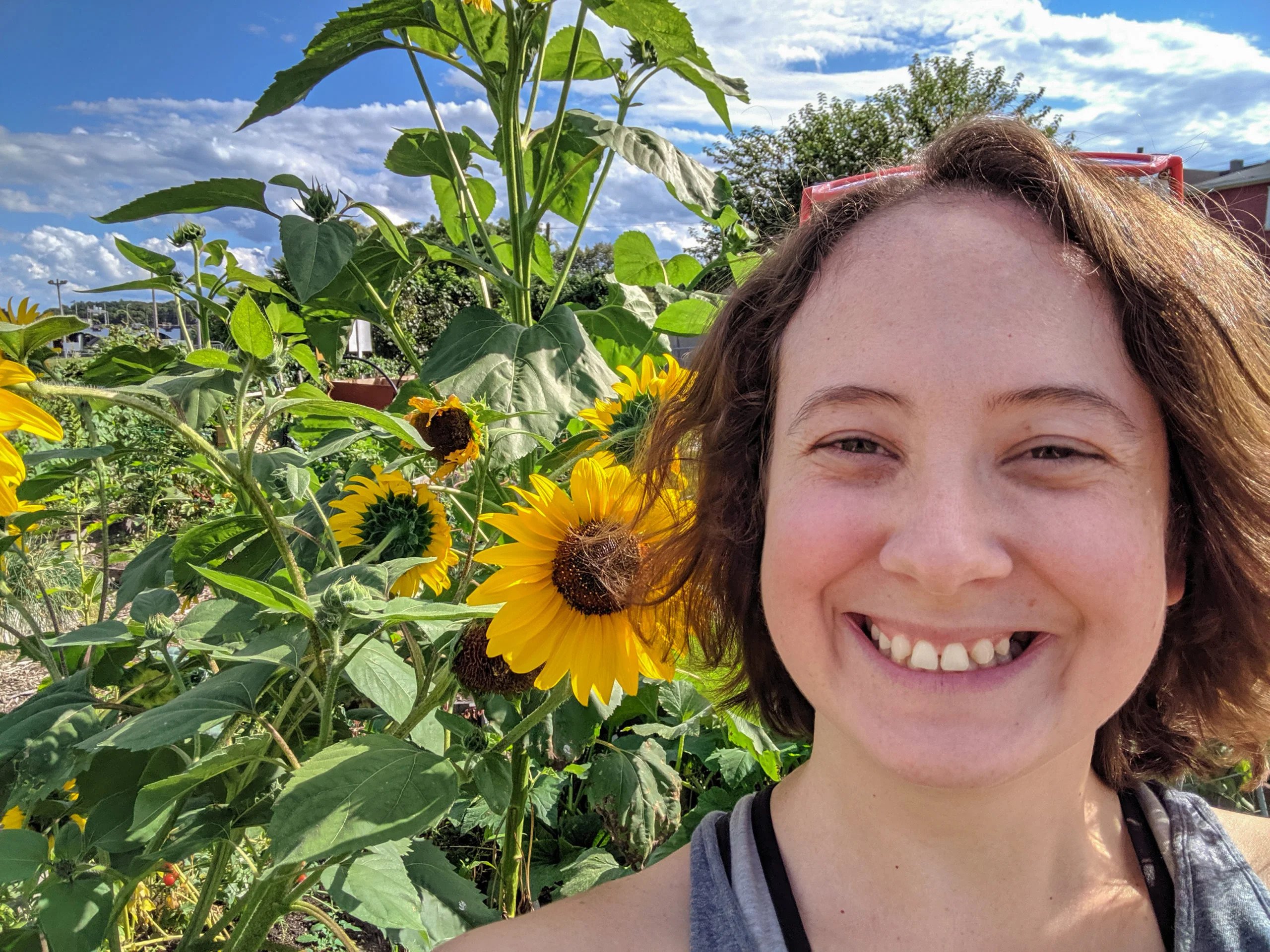
The only child of a horticulturist and an English teacher, Liz Baessler was destined to become a gardening editor. She has been with Gardening Know how since 2015, and a Senior Editor since 2020. She holds a BA in English from Brandeis University and an MA in English from the University of Geneva, Switzerland. After years of gardening in containers and community garden plots, she finally has a backyard of her own, which she is systematically filling with vegetables and flowers.
-
 Looking For Plants To Give You The Soft And Fuzzies? Try These 5 Fuzzy Leaf Plant Options
Looking For Plants To Give You The Soft And Fuzzies? Try These 5 Fuzzy Leaf Plant OptionsLovers of texture, drama, silver foliage and tactile plants will adore these special sensory garden additions. These fuzzy leaf plant options will leave you all aglow
By Susan Albert
-
 Get Ready For A Summer Of Hummers! Grow These Full Sun Hummingbird Plants and Flowers
Get Ready For A Summer Of Hummers! Grow These Full Sun Hummingbird Plants and FlowersIf you’re lucky enough to enjoy a sunny backyard, make sure you are maxing out on your pollinator opportunities and grow these full sun hummingbird plants and flowers
By Tonya Barnett
-
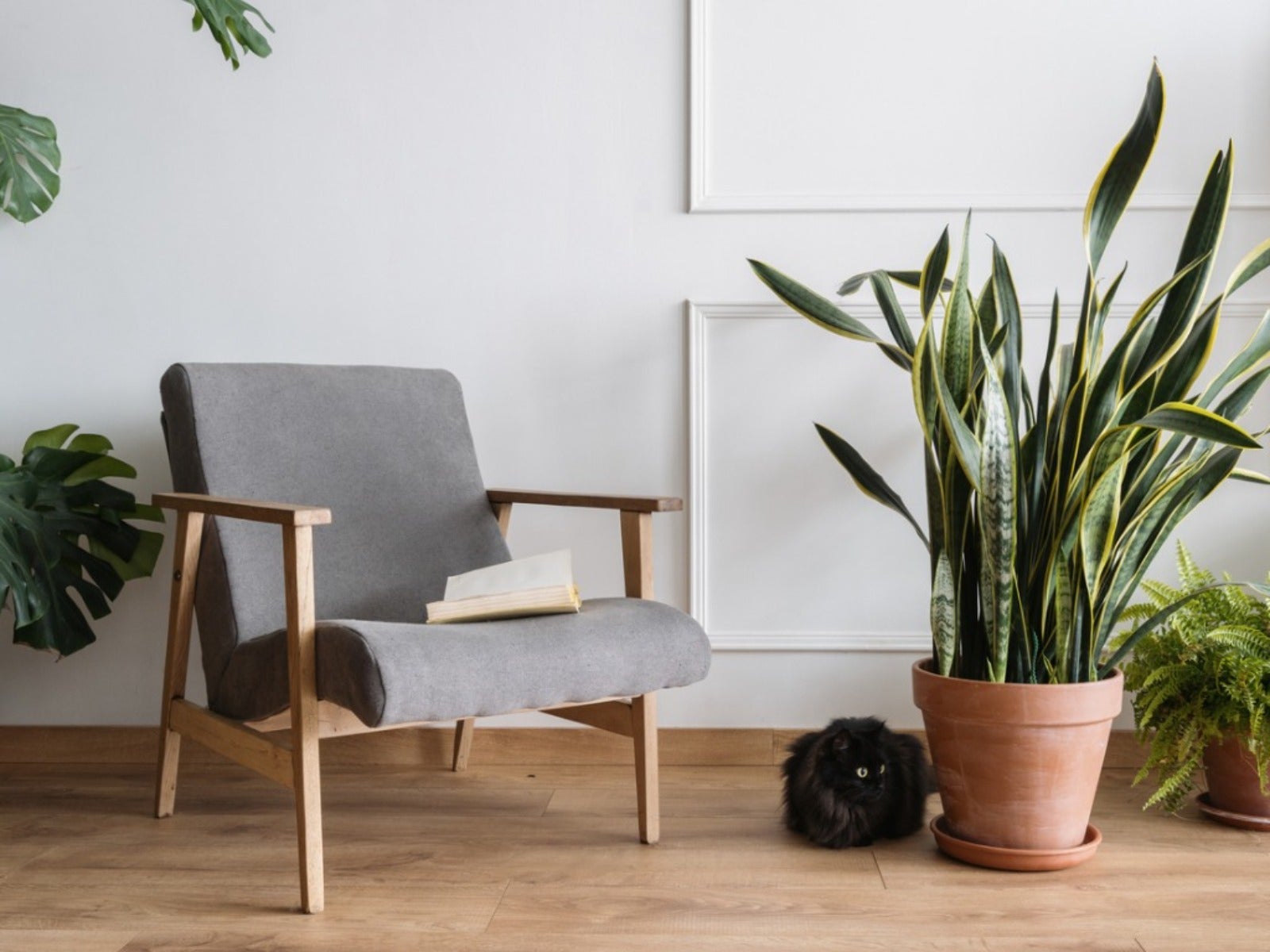 8 Easy Care Houseplants That Live A Long Time
8 Easy Care Houseplants That Live A Long TimeClick here to learn about our 8 favorite low maintenance houseplants that can, with proper care, live a long time.
By Amy Grant
-
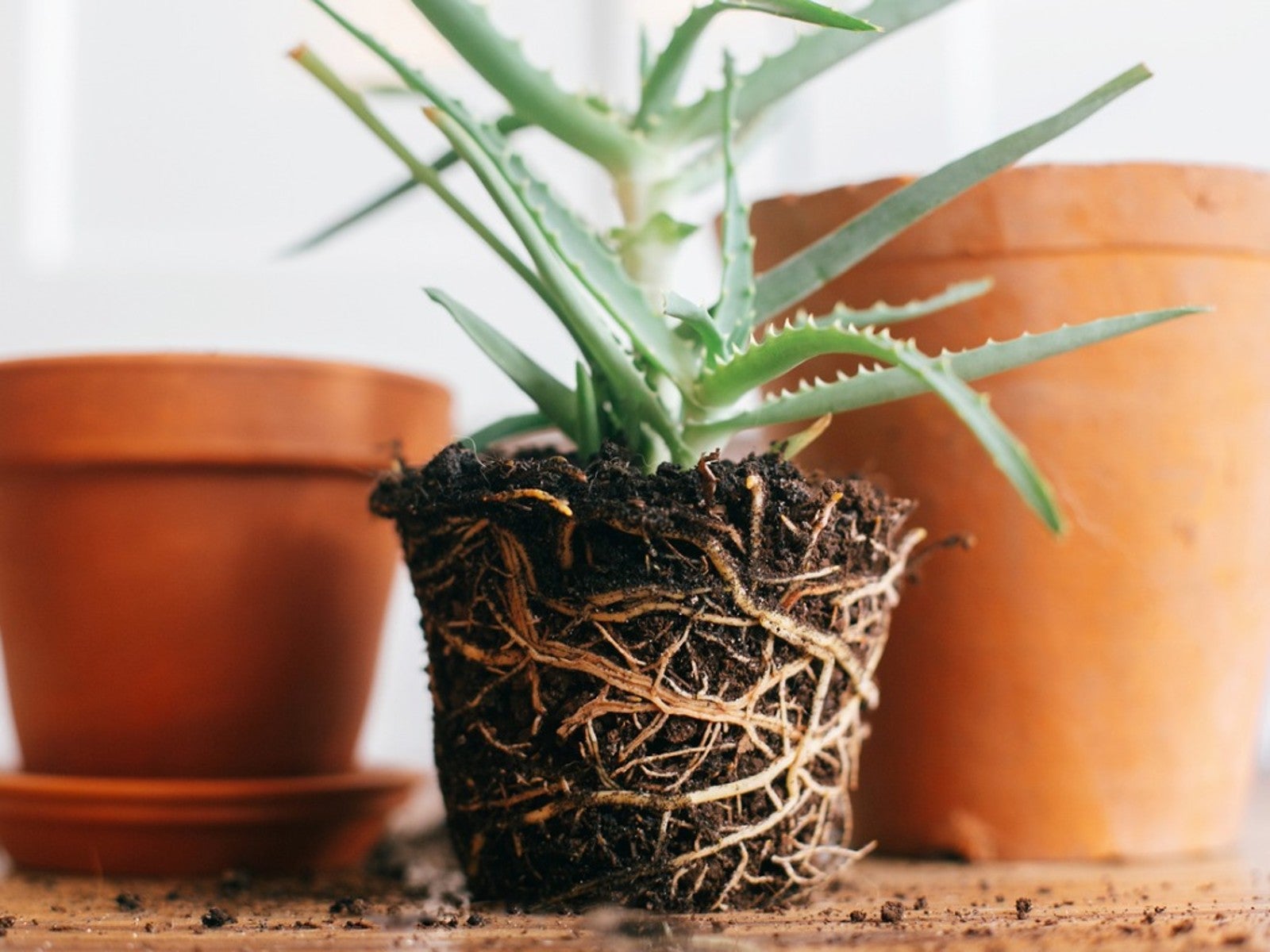 How Often Should You Repot Plants?
How Often Should You Repot Plants?Escaping roots and shrinking leaves may mean your plant wants a new pot, but some like staying cramped and cozy.
By Mary Ellen Ellis
-
 Orange Flowering Houseplant Varieties With Tropical Flair
Orange Flowering Houseplant Varieties With Tropical FlairClick here to learn about some cheerful orange-blooming houseplants you can try growing.
By Mary Ellen Ellis
-
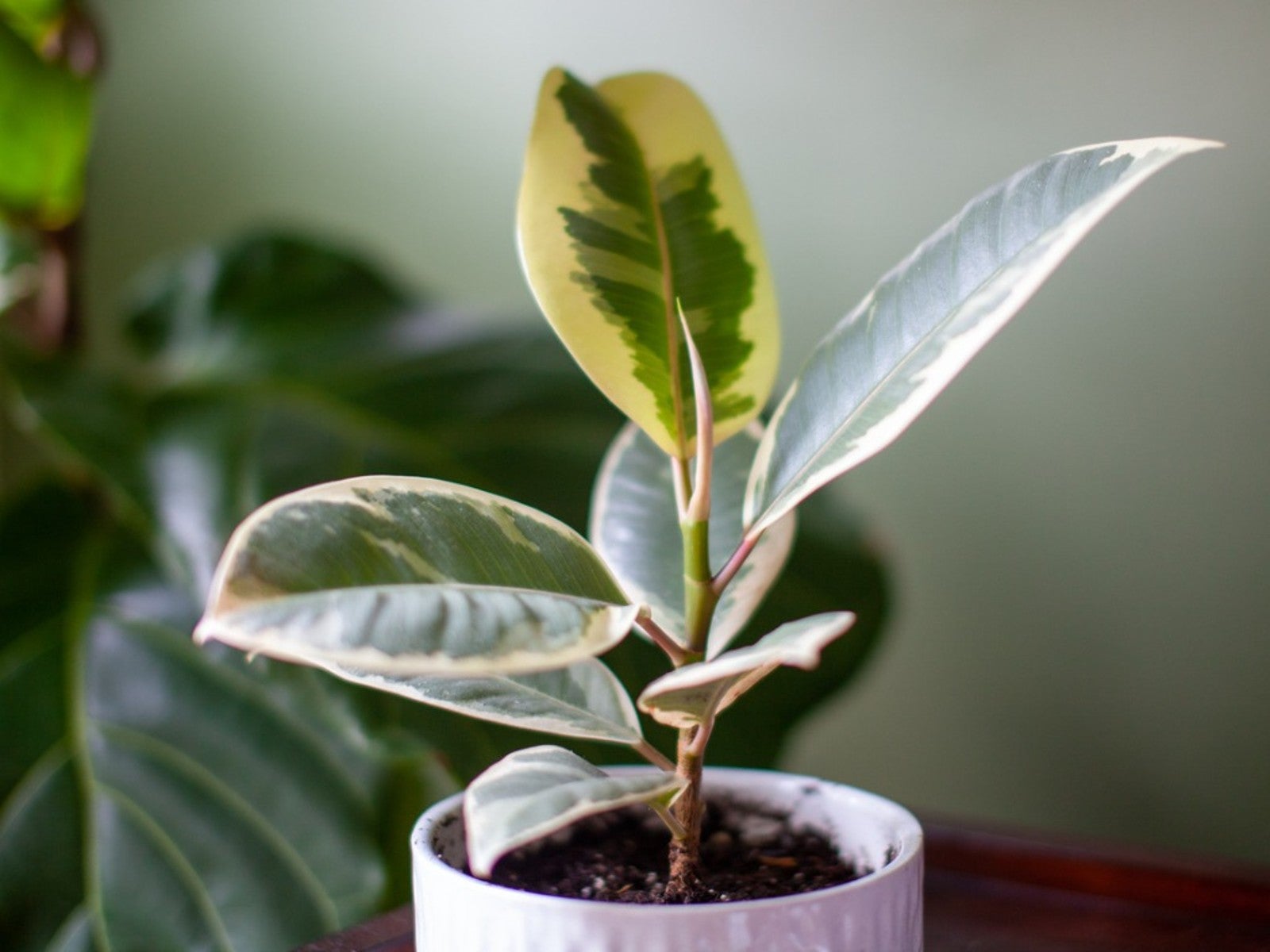 Variegated Houseplants With Lovely Leaves
Variegated Houseplants With Lovely LeavesWhat are some of the best variegated houseplants to add to your collection? Click here to find out.
By Amy Grant
-
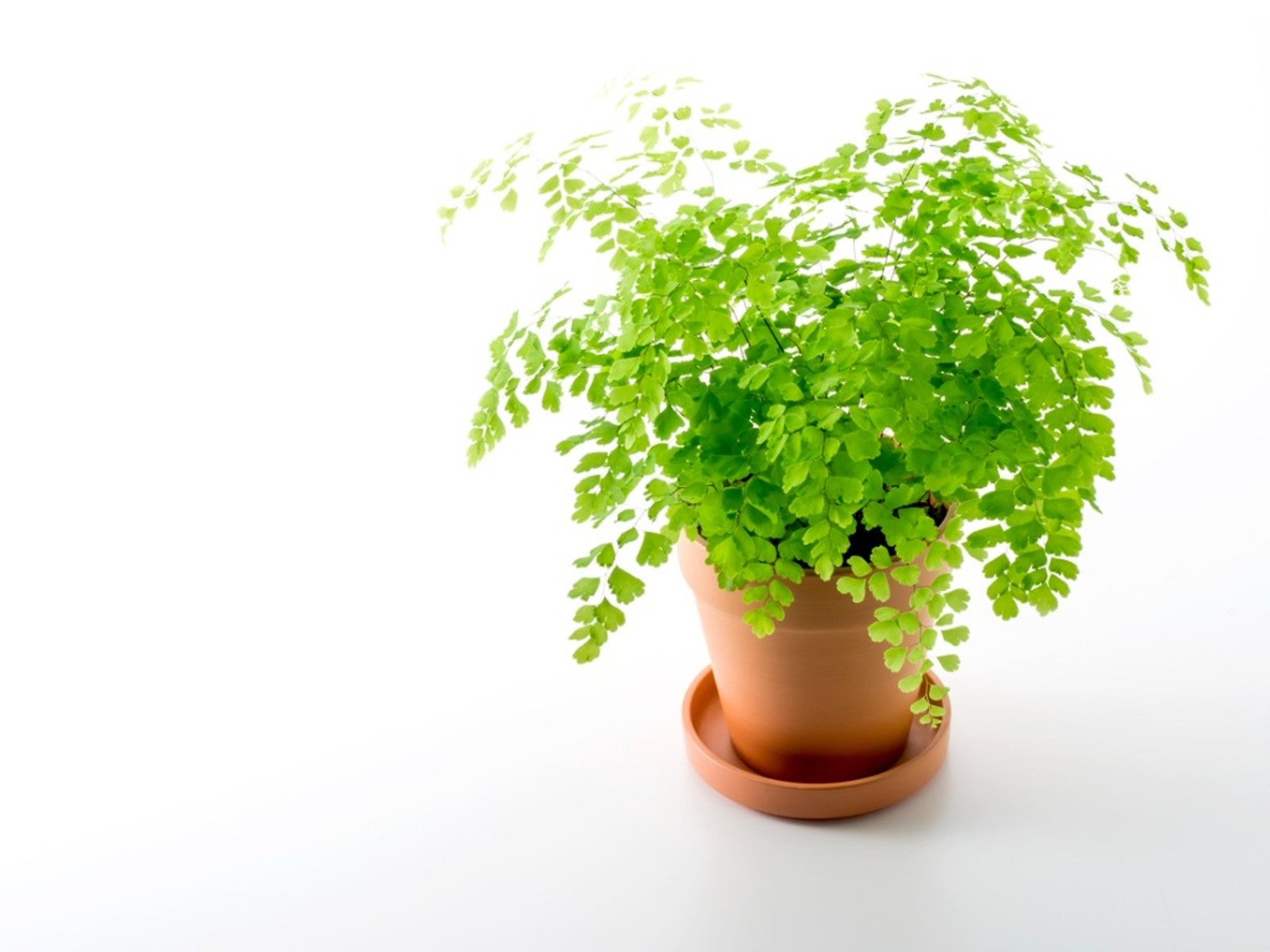 Lovely, Lacy Indoor Foliage Plants
Lovely, Lacy Indoor Foliage PlantsClick here to learn about some houseplants with lacy foliage to add to your collection.
By Mary Ellen Ellis
-
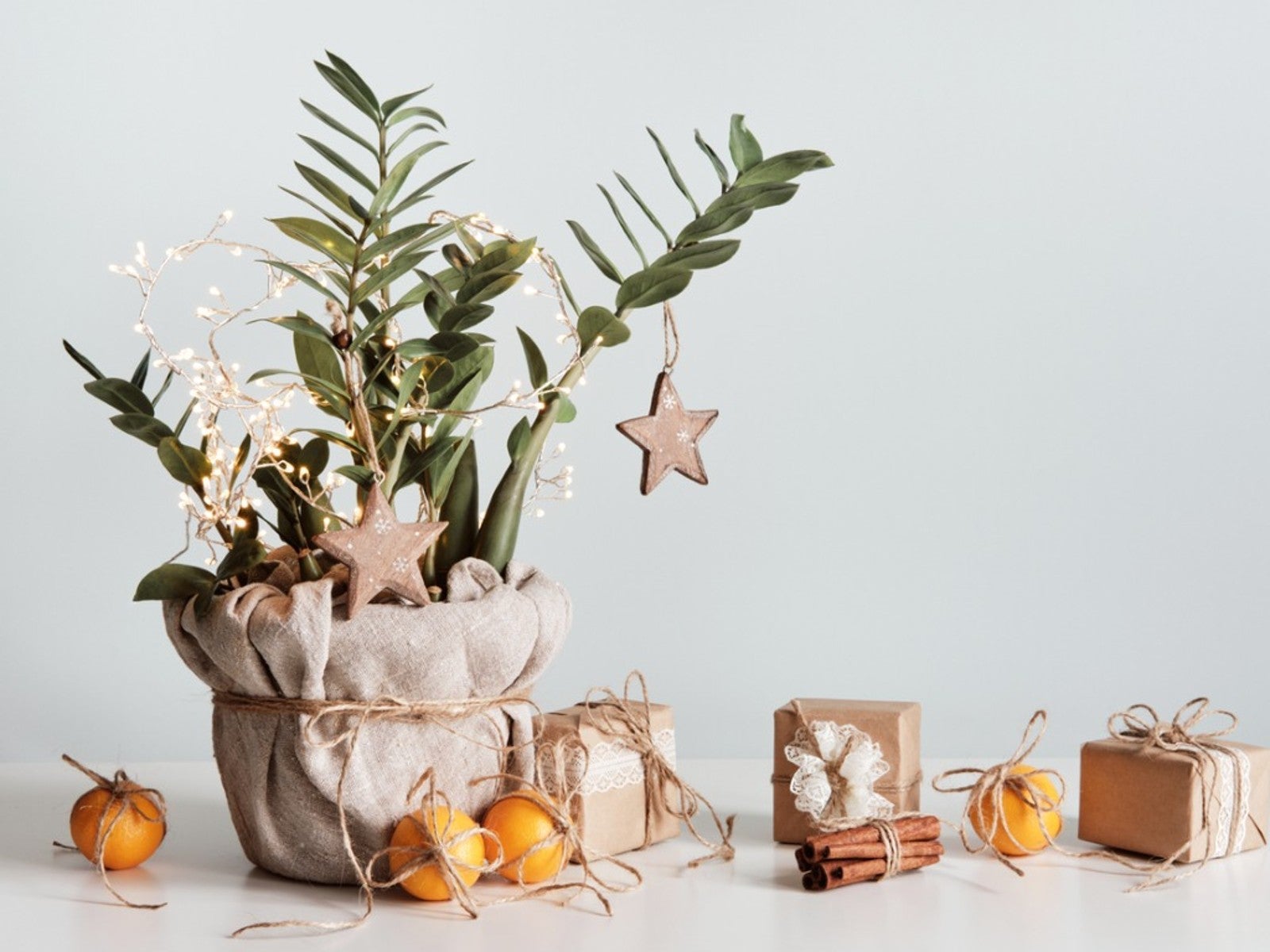 Best Christmas Houseplants And Plants For Winter Holidays
Best Christmas Houseplants And Plants For Winter HolidaysClick here for an idea of the best houseplants to use for holiday décor for Christmas, Hanukkah, Kwanzaa, and New Year’s.
By Laura Miller
-
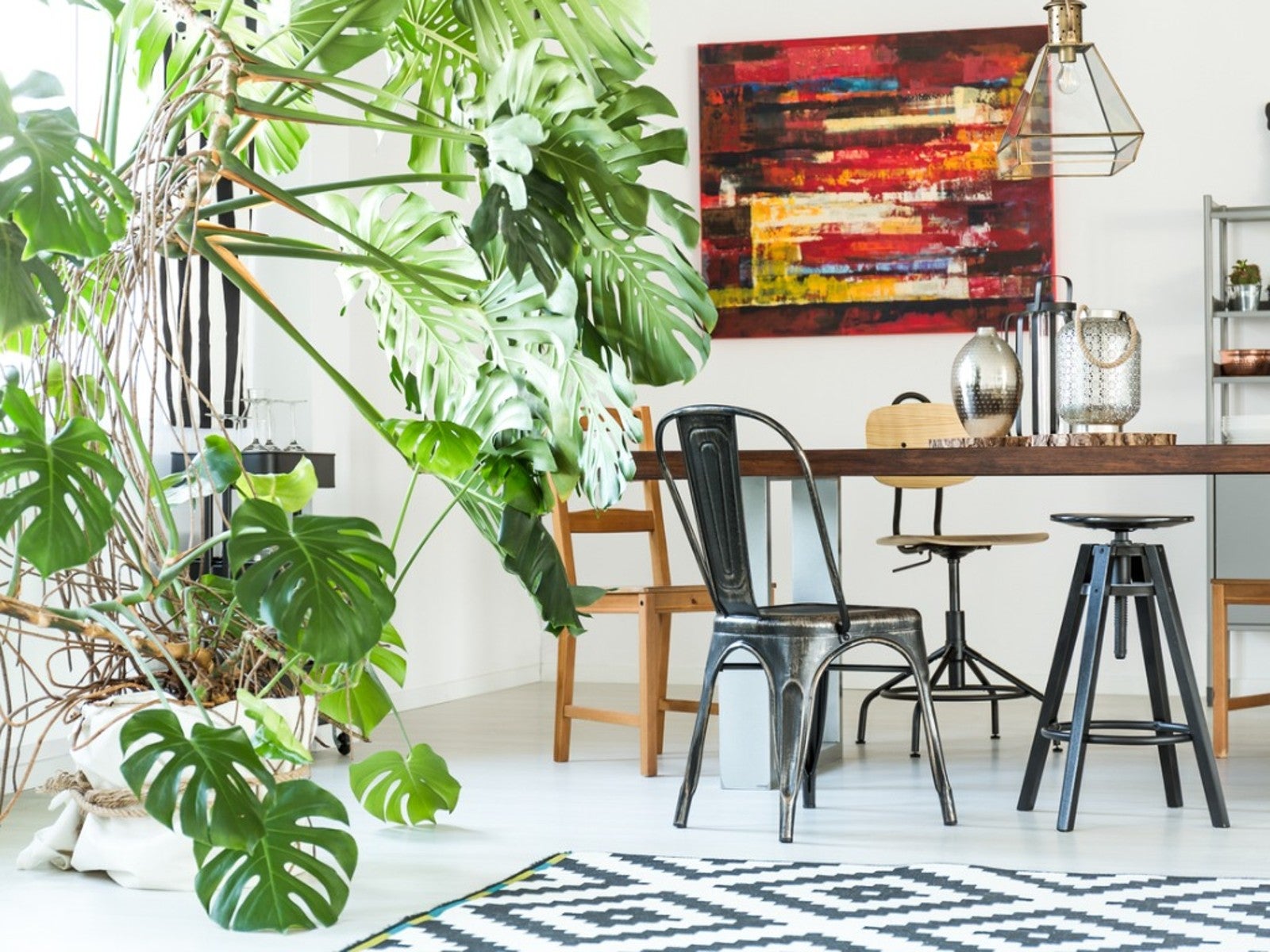 Best Big Houseplants To Create An Indoor Oasis
Best Big Houseplants To Create An Indoor OasisIf you have the space you may want to grow some large houseplants. Here are some ideas.
By Mary Ellen Ellis
-
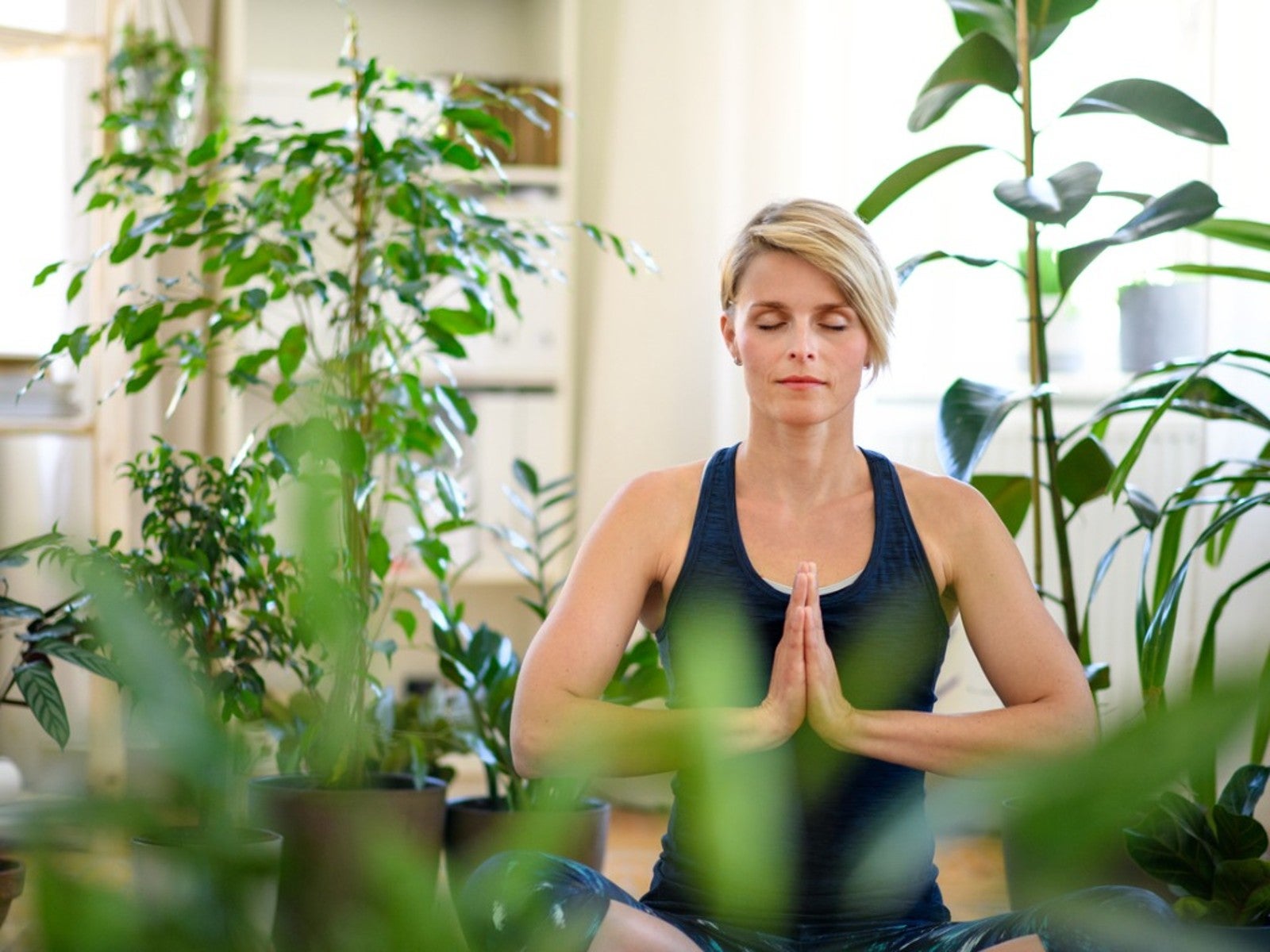 Relaxing Plants To Grow Indoors For A Calmer Mind
Relaxing Plants To Grow Indoors For A Calmer MindAre there houseplants that can help you to relax? Click here to find out.
By Laura Miller
